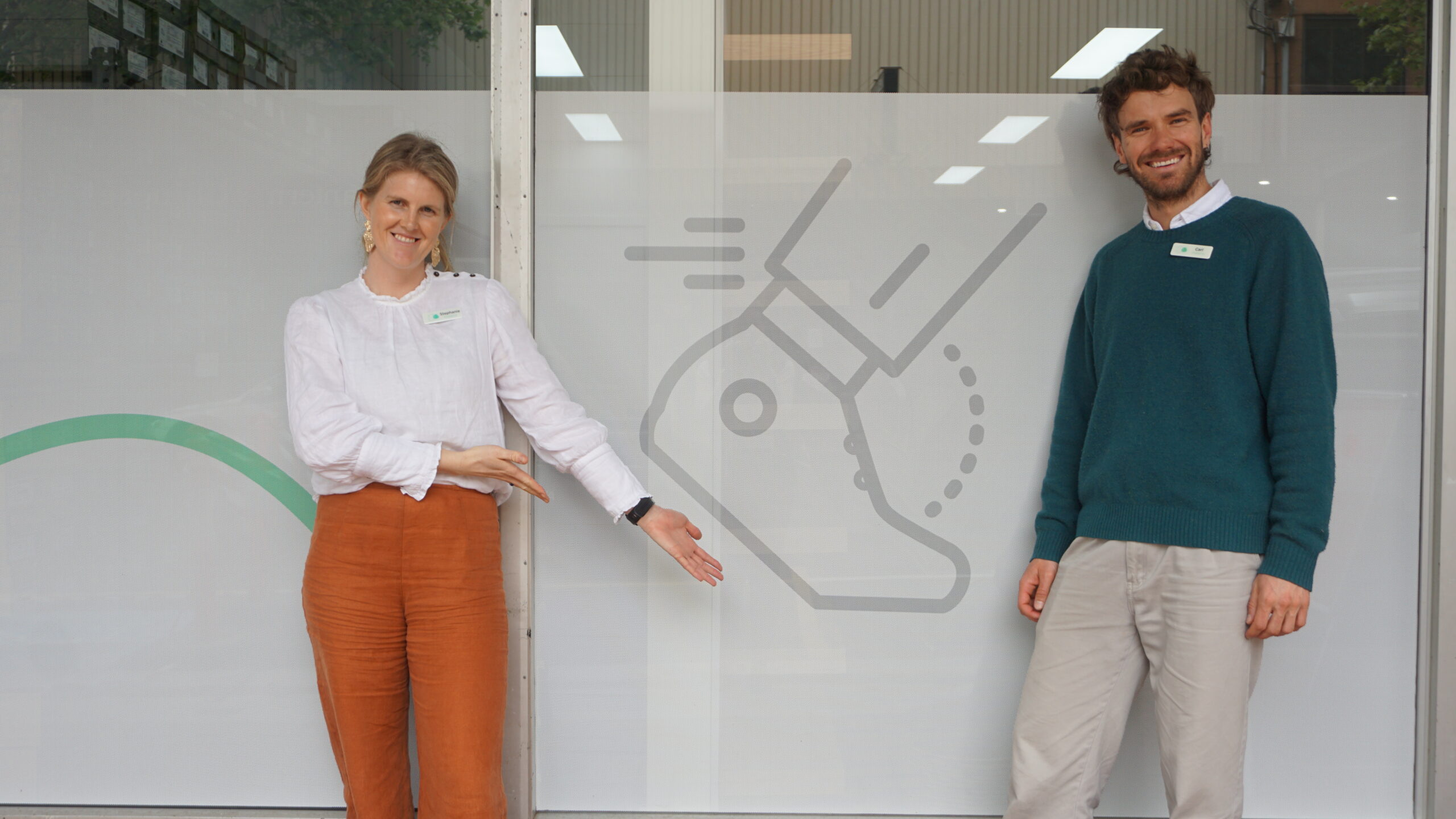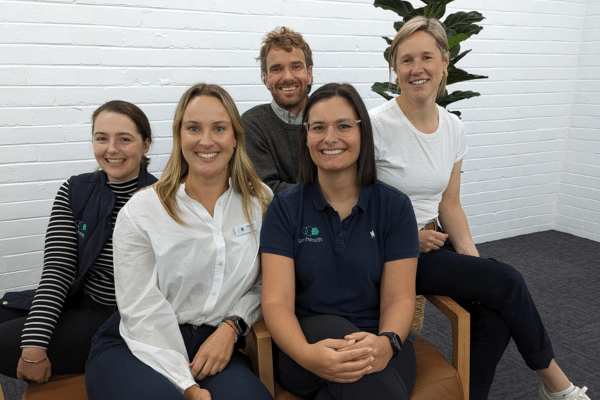A lot of us associate Anterior Cruciate Ligament (ACL) injuries with AFL and a long rehabilitation process that prevents some of our favourite AFL stars from returning to the field for the remainder of the season. Hearing the words “it looks like it will be an ACL” is almost certainly going to involve surgery and definitely going to rule them out of the finals!
However, while ACL rehabilitation does take generous time and persistence, there is a growing body of evidence for non-operative management.
What is the ACL and why is it so important?
The ACL is a ligament within the knee that prevents the tibia sliding forward under our knee joint.
An Anterior Cruciate Ligament (ACL) injury often occurs when you have a fixed foot and a rapid change of direction. It can also occur as a result of an external force (tackle in football).
What is Non-Operative management?
It is an alternative approach to ACL reconstruction surgery. Non-operative management gives an opportunity to optimise the strength and control of the muscles surrounding the knee.
Strengthening these structures supports the knee joint and improves overall function to return to the things you enjoy doing. It can include initial management of swelling and pain and gradually increase movement and strength through tailored exercises. Over time, we introduce exercises of a higher level nature to prepare for a safe return to sport.
Working with a physiotherapist allows us to determine what exercises we need to focus on to allow you to achieve your goals. We are always happy to chat through your options regarding your ACL injury and work out what is best for you.
As health practitioners, our aim is to provide our patients with the most up-to-date research that allows for better patient care. As such, while there are no guarantees, there is more evidence emerging for the natural healing of the ACL with non-operative management. Currently, it is unclear what population it is more likely to occur in but a trial of 6 months non-operative management gives a good indication of knee function and likelihood of success without surgical intervention.
If you or someone you know are experiencing any symptoms, please book an appointment.
Disclaimer
All information is general and is not intended to be a substitute for professional medical advice.


